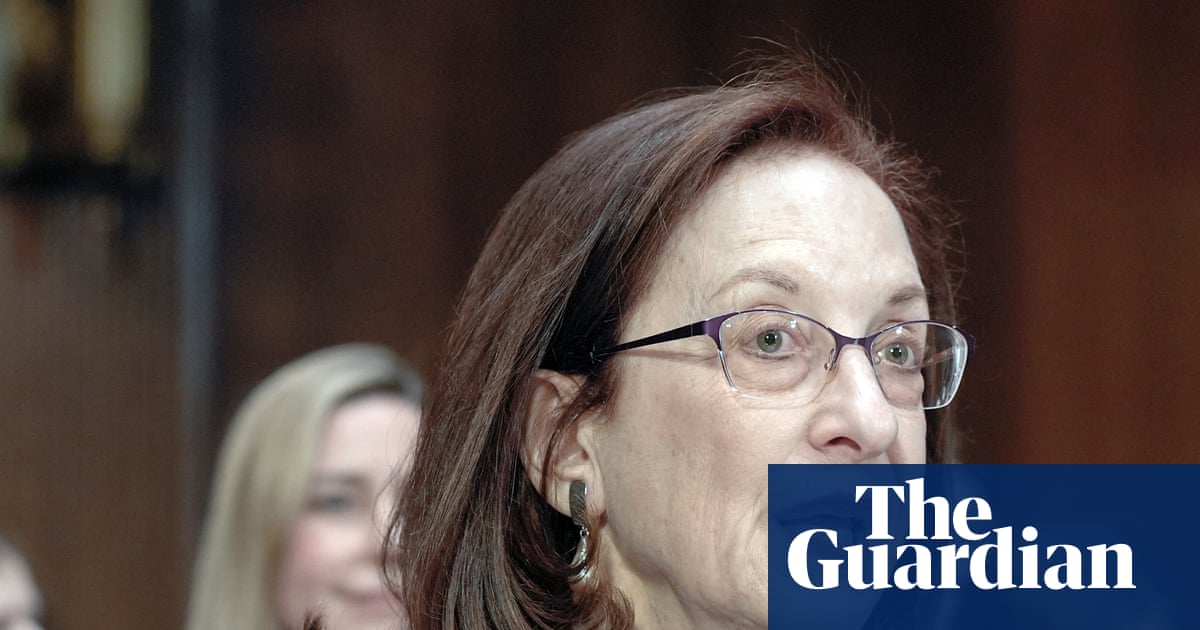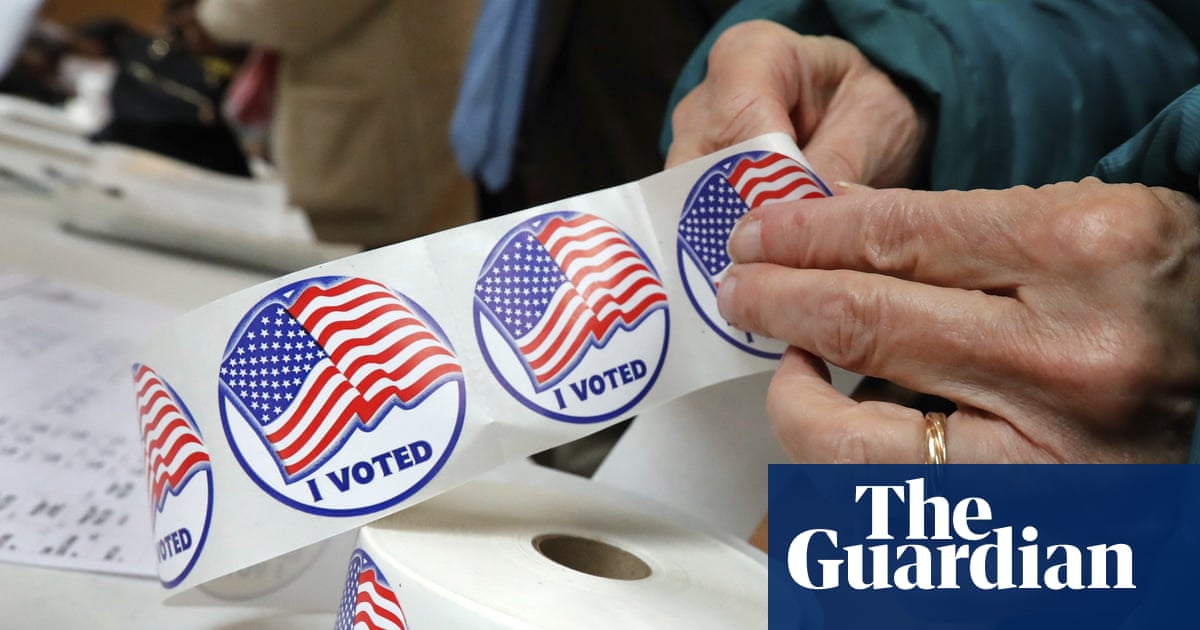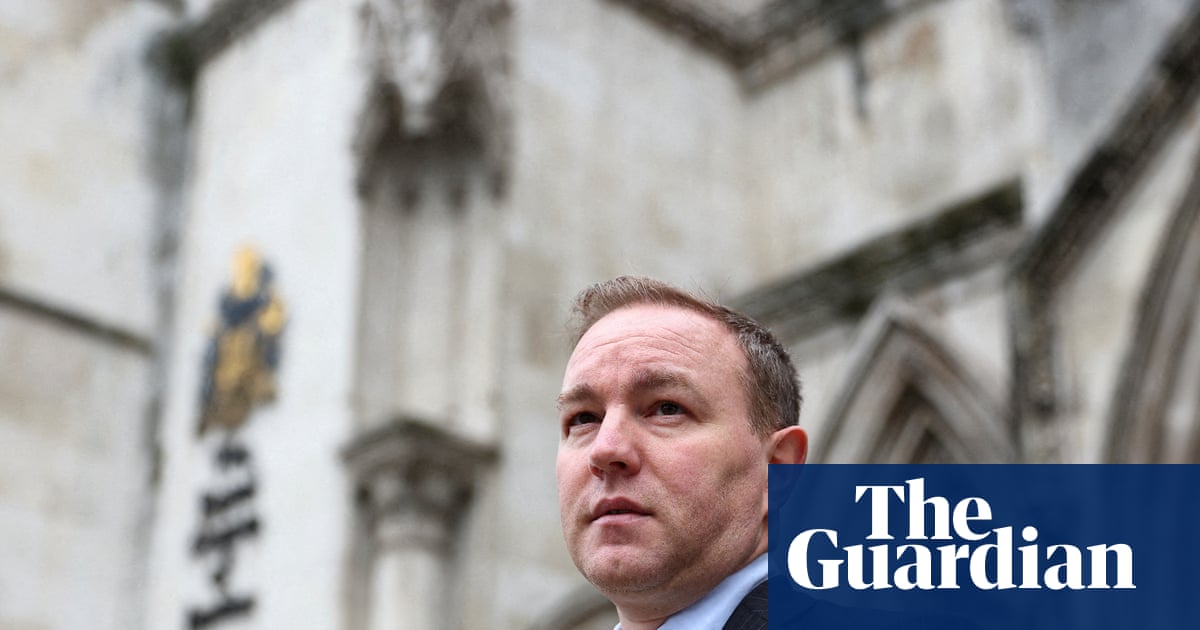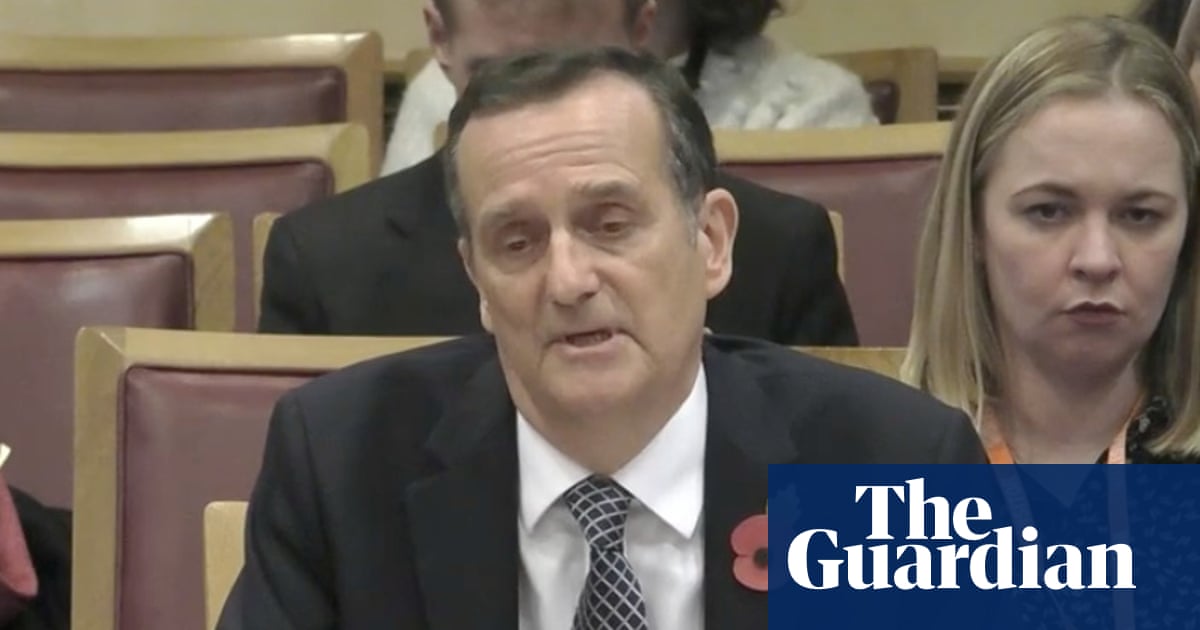The chancellor, Rachel Reeves, is expected to trigger a review of the auto-enrolment pension scheme next week in a move that could ultimately force employers to raise their contributions to staff retirement pots.
The announcement could come as early as Monday, forming a key part of the Labour government’s pensions review, industry sources told the Guardian.
It is expected to be one of a raft of changes outlined in Reeves’ Mansion House speech, which will detail the government’s financial services strategy to City bosses on Tuesday evening.
The review, led by the Department for Work and Pensions, will explore raising auto-enrolment contributions from the current level of 8% of worker earnings, with employees currently paying in 5% and the employer adding 3%. The consultation was put on hold last year amid concerns that it would upset businesses already reeling from a rise in employer national insurance contributions announced in Reeves’ autumn budget.
It is not yet clear what level the government is leaning towards as a new minimum, but leading pension providers have long called for the figure to be raised to 12%, suggesting that the increase takes place gradually over a number of years.
The review will be formally launched before parliament rises for summer recess on 22 July.
The auto-enrolment scheme, which was originally launched in 2012, forced employers to enrol employees automatically into a pension and contribute to their retirement funds. It was meant to make sure that everyone, whether they work for a supermarket or a corner shop, has a private pension to add to their state pension.
However, there are growing concerns that the pension contributions are not high enough to support people through retirement, creating a “ticking timebomb” where retirees will have to turn to state support and care in their old age.
The independent Office for Budget Responsibility (OBR) this week cited inadequate pensions saving as one risk factor for the public finances in the coming decades.
“Recent studies suggest a significant proportion of the population may not be saving enough through private pensions to achieve an ‘adequate’ retirement income,” the OBR warned – suggesting that could mean more people relying on the state pension and means-tested benefits.
after newsletter promotion
A government spokesperson said: “We cannot pre-empt the outcome of the review, with no decision being taken relating to pension contributions.
“We’re reforming the pensions market to drive economic growth, ensure greater security in retirement and put more money in people’s pockets.”
They added: “Our pension schemes bill will make pension pots work harder for savers, and our forthcoming pensions review will explore how we can take this even further to give hardworking people the retirement they deserve. And thanks to our commitment to the triple lock, millions will see their state pension rise by £1,900.”

 3 months ago
52
3 months ago
52

















































